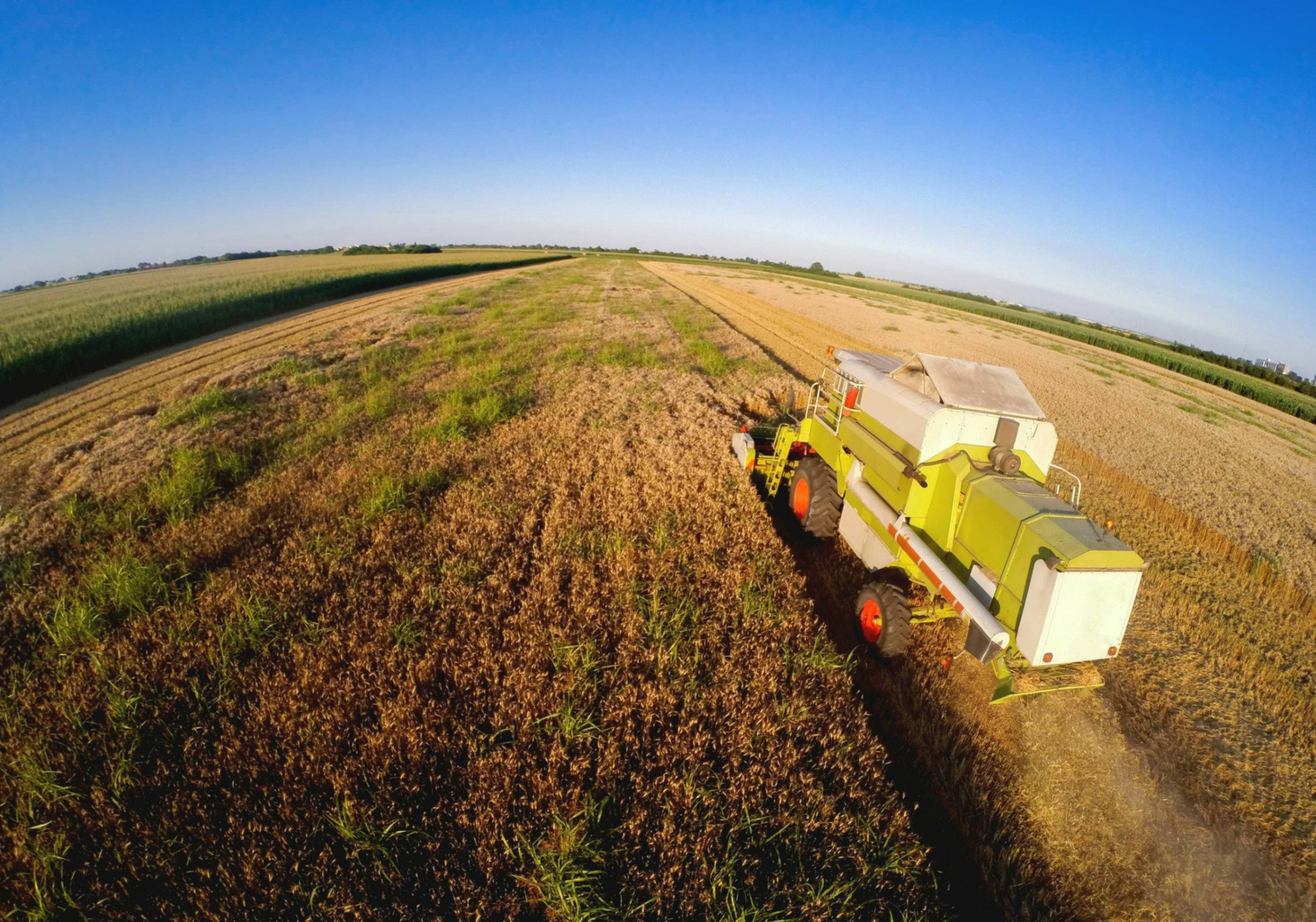
The City as a Farm: Planning Policies That Nourish Sustainable Urban Futures
To maximize the benefits of urban agriculture, municipal governments must integrate food production into land use planning and zoning ordinances. This starts with identifying underutilized or vacant public land that can be repurposed for urban agriculture. Cities like Minneapolis and Seattle have implemented progressive zoning policies that permit urban farms and community gardens in residential, commercial, and industrial zones, reducing regulatory barriers for local food producers1. By incorporating urban agriculture into comprehensive plans, municipalities can align food production with broader policy goals related to sustainability, public health, and economic development.
Local governments can also promote urban agriculture by establishing land trusts or long-term lease agreements that provide secure access to land for growers. Land tenure is one of the leading challenges for urban farmers, particularly in rapidly developing cities where property values are rising2. Municipalities can mitigate this by prioritizing land access for non-profit organizations, cooperatives, and underserved communities seeking to engage in food production. Creating an inventory of available city-owned properties suitable for food production and making this information publicly accessible can support transparency and ease of access for grassroots groups.
Policy Supports and Financial Incentives
Urban agriculture thrives where there is supportive policy infrastructure. Municipal governments can create enabling environments through ordinances that legalize activities such as on-site composting, rainwater harvesting, and small-scale produce sales. For instance, Washington, D.C.’s Urban Farming and Food Security Act offers property tax abatements for landowners who lease their properties for food production3. These kinds of incentives can shift underutilized land into productive use while supporting environmental goals related to waste diversion and water conservation.
In addition to tax incentives, cities can facilitate access to capital through grants, microloans, and low-interest financing programs tailored to urban agriculture. Local government agricultural offices or community development agencies can partner with non-profits and financial institutions to administer these programs. For example, Philadelphia’s Neighborhood Gardens Trust works with the city to secure funding and legal support for community gardens4. These financial resources are particularly important for beginning farmers, youth-led cooperatives, and community-based organizations operating in high-need neighborhoods.
Workforce Development and Educational Programming
Urban agriculture offers valuable opportunities for workforce development, especially for youth, retired citizens, and immigrant populations. Municipalities can integrate agriculture into workforce strategies by funding training programs in horticulture, agribusiness, and food processing. The Urban Growers Collective in Chicago offers a Youth Corps program that trains young residents in sustainable agriculture, financial literacy, and food justice, paving pathways to employment and higher education5. These programs are scalable through partnerships with community colleges, workforce boards, and vocational training centers.
Educational institutions and school districts also play a critical role. Many cities have initiated farm-to-school programs that incorporate school gardens, nutrition education, and local procurement. New York City’s Grow to Learn initiative, for instance, supports school gardens in over 800 schools, reinforcing food
Read-Only
$3.99/month
- ✓ Unlimited article access
- ✓ Profile setup & commenting
- ✓ Newsletter
Essential
$6.99/month
- ✓ All Read-Only features
- ✓ Connect with subscribers
- ✓ Private messaging
- ✓ Access to CityGov AI
- ✓ 5 submissions, 2 publications
Premium
$9.99/month
- ✓ All Essential features
- 3 publications
- ✓ Library function access
- ✓ Spotlight feature
- ✓ Expert verification
- ✓ Early access to new features
More from Agriculture
Explore related articles on similar topics





